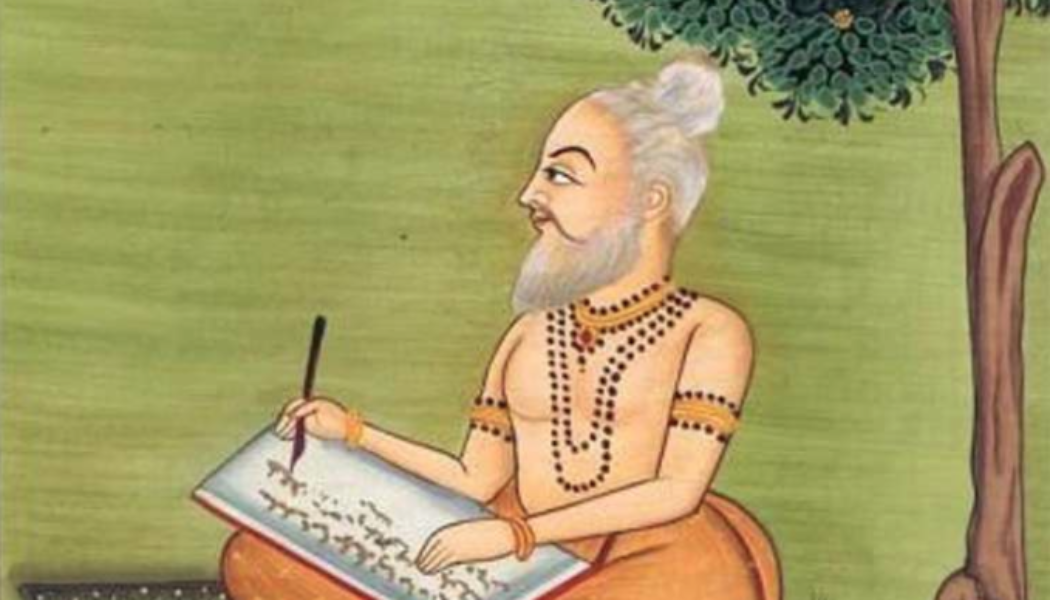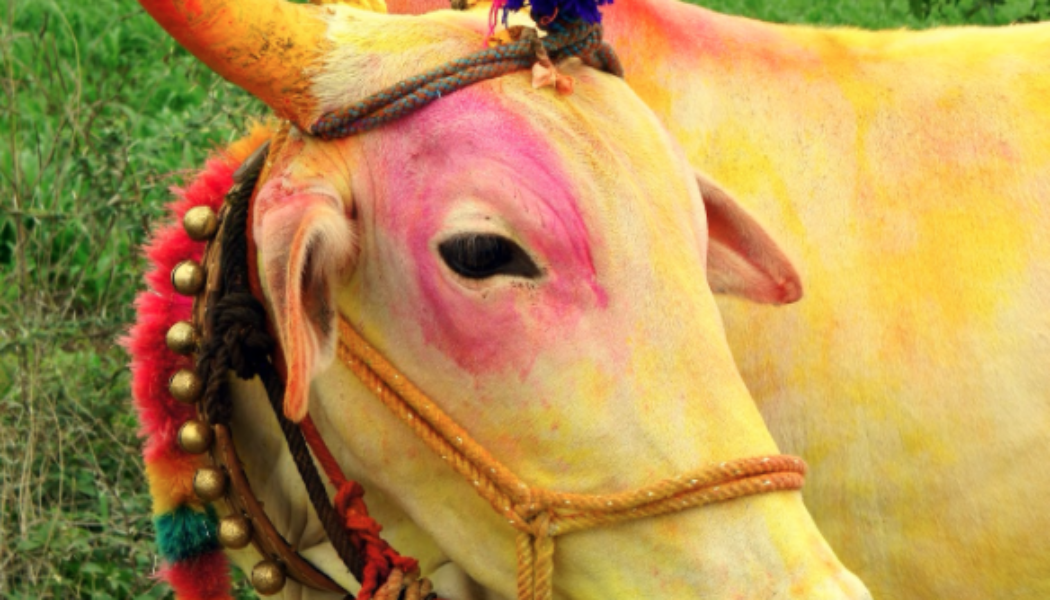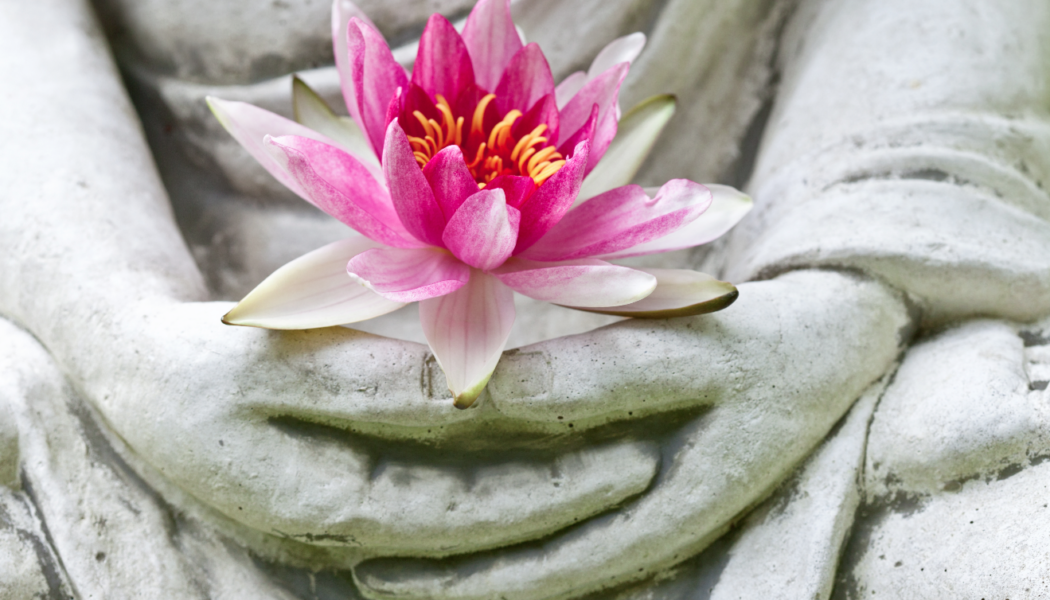General Health
Ojas – The Divine Essence + 2 “Ojas” Recipes [Hotshake & Laddoos]
Ojas – The Divine Essence Having strong Ojas helps maintain optimum health and many diet and lifestyle factors can contribute to either depleting or nourishing ones Ojas. Ojas is defined as the pure essence of the bodily tissues. This is the refined by-product of digestion which can take up to 30 days to be created. Ojas is also referred to as the source of vitality, immunity and vigor in the body. The quality of Ojas is dependent on diet, lifestyle and stress. Possessing strong Ojas can determine how one’s body reacts to certain diseases and infections. Every tissue system in the body is said to have its own Ojas. Whilst all the physiological systems in the body are maintaining their function at optimum levels, Ojas is preserved. However during disease or infections the integrity of...
8 Tips For Sound Sleep – An Ayurvedic Perspective
8 Tips For Sound Sleep – An Ayurvedic Perspective Sleep is one of the fundamental mainstays in Ayurveda. It is vital to sleep the appropriate hours at specific times in order to achieve balanced health. Sufficient sleep has tremendous health benefits including relieving stress, anxiety and restoring vitality. During sleep the body works to repair and rejuvenate tissues along with aiding protein synthesis and muscle growth. Sleep also promotes metabolic waste removal as well as assisting the immune system. In young children particularly, sleep is vital to the development of brain tissue. Adequate sleep also facilitates learning and memory skills and is therefore an integral part of the maintenance of health. Sleep varies according to one’s constitution and state of balance. Therefore...
10 Golden Rules of Food Intake ~ Eating Healthy
“Without proper diet, medicine is of no use. With proper diet, medicine is of no need.” – Ancient Ayurvedic proverb The 10 Golden Rules Of Food Intake According to Ayurveda if we do not follow the proper rules of eating then the consumption of food can generate ‘aama’ [undigested food material, toxins] and the absorption of these toxins can be a detriment to overall health and wellbeing. According to modern science free radicals are considered to be an important causative factor for many diseases. Similarly, from an Ayurvedic perspective, ‘aama’ is considered to be the root cause of most and nearly all diseases. ”Aharavidhi-Vidhan” The 10 golden rules of food intake is described in Ayurveda as ”Aharavidhi-Vidhan”. Acharya Charak has described these 10 rules of fo...
AYURVEDA, VASTU & JYOTISHA – RAYS OF THE SAME LIGHT
“Westerners live freely and think in structured ways, while Easterners think freely and live in structured ways” – Pandit Rajmani Tigunait, Seven Systems of Indian Philosophy [1] The modern Western model of education generally favors compartmentalized knowledge. After all, Spanish 101 is different from History 202, and what does allopathy have to do with homeopathy? While true from a certain viewpoint, this mindset ignores that the person studying them is the same, and that these subjects have to be assimilated into one consciousness. In many traditions with an unbroken link to the past, the person is the subject, and various disciplines, like ingredients in a stew, are introduced into their consciousness at appropriate times, slowly stirred in to make sure everything is well assimi...
10 Tips For A More Healthy Life With Ayurveda
10 Tips For A More Healthy Life With Ayurveda Ayurveda, the science of life, is more a way of life than a way to treat people. Prevention is far better than curing a disease according to Ayurveda. I will now share with you some tips that will help you lead a more healthier and better life. 1. Have A Daily Routine Ayurveda suggests to have a daily routine and to stick with it. Sleeping and waking times are very crucial in Ayurveda. For example, the liver cleanses itself during the night (12 am to be exact) which during this time one should be fully asleep and is why Ayurveda recommends the time to sleep to be around 10 PM. Similarly, waking up should be around 6 AM. Eating at regular times should also be adopted, this way the body and Agni (the digestive fire) work optimally and food will...
Dinacharya – Daily Routine To Perfect Health [10 Important Tips]
Dinacharya – Daily Routine To Perfect Health Daily routine is a vital and integral part of our state of health. A routine that is followed with care and awareness with respect to our individual constitution and balance will bring many health benefits. In Ayurveda there are certain steps to starting the day, and whilst these can take up some time, they are valuable in their relation to boosting vitality. To help bring us in tune with nature, and rather our own intelligence, following a dinacharya [daily routine] is essential for establishing great health and regularizing our own biological clock. A proper morning routine can assist in digestion, absorption and assimilation as well as generating peace, discipline, happiness and longevity. It is important to assess any imbalances and yo...
The Benefits Of Cow’s Milk ~ An Ayurvedic Perspective
The Benefits Of Cow’s Milk ~ An Ayurvedic Perspective Saturday morning I poured two cups of fresh cream off a half gallon jar of fresh raw milk. Of interest, milk has come under scrutiny for its indigestibility, for causing inflammation, has been listed as a top 10 food allergen, and is considered the source of digestive stress, cramping, painful bloating, gas, and diarrhea for many worldwide. According to the U.S. National Institutes of Health “approximately 65 percent of the human population has a reduced ability to digest lactose after infancy.” (1) Homogenization ~ The Root Problem? The more research I do, the more i’m convinced milk itself is not the root problem. Our handling and processing of milk may be the real culprit. Of special concern is homogenization...
The Three Pillars Of Good Health ~ An Ayurvedic Perspective
The Three Pillars Of Good Health There is nothing as important in life in making a radical change within the body, mind, and consciousness than establishing a healthy routine in daily life. Ayurveda is a science of good health. Its first objective is to preserve health of the healthy individual. Charaka [the founder of ayurvedic medicine] has summed up beautifully the whole technique of how to promote a healthy lifestyle in two lines. “Nityam hitahara-vihara-sevi samikshyakari vishayeshvasaktah Data samah satyaparah kshamavan aptopasevi cha bhavati arogah” – Charaka Samhita Translation: A person who practices regularly a wholesome lifestyle, eats wholesome food, is deliberate in all his actions, not involved in the objects of the mind [i.e. overindulgence in sense pleasures], who is...
Energy Science ~ An Ayurvedic Perspective
Energy Science ~ An Ayurvedic Perspective Would we think it to be unusual if someone who involved in a severe car accident would walk out of the ICU in a couple of days looking well? In the same way, would we think it unusual that someone with a chronic disease would clear their symptoms in a couple of months? When many of the various energy sciences are used, healing is elicited primarily by correcting the underlying imbalance [of qualities]. Often it takes years, literally, of poor lifestyle choices to cultivate significant imbalances within the body. Energy science is not like taking an antibiotic for a few days and everything is suddenly better. I wish it were that simple, especially, in a world of imbalances. Embracing The Uncertainty Principle Interestingly, anxiety can actually bec...
The Gunas [Attributes] ~ An Ayurvedic Perspective
The Gunas [Attributes] ~ An Ayurvedic Perspective In Ayurveda we say each Dravya [Matter] has gunas in it, or characteristics which distinguish it from all others. In Ayurveda we have many gunas, but according to Charaka, 20 are the most important. Every matter does not have to include all 20 gunas, but will have some which define it best. By this we can know how matter will affect the doshas, and of course agni, digestion and even the state of mind. An example in order to make things more simple: Milk is pichchila, snigdha, drava and guru. This means milk is cloudy (not clear), unctuous, liquid and heavy. In accordance to doshas, milk will be harder to digest as it is guru (heavy) but will help peristaltic motion as it is snigdha (oily), and so on. Vagbhat who wrote Ashtanga Hridayam comp...
5 Tips For Healthy Living ~ An Ayurvedic Perspective
“Shariram Satvam cha Aatma Trayam Atat Tridandvat” – Charak Samhita The physical body, mind and soul are the three pillars of the human architecture. The harmony of the body, mind and soul allows for a healthy life while any imbalance can shake the eqilibrium leading to various ailments. Dharma [Purpose], Artha [Wealth], Kama [Desire], and Moksha [Liberation] are the four fruits of human life which can only be achieved and enjoyed by a healthy person. Let’s Discuss 5 Tips For Healthy Living … 1. Avoid Contradictory Food – (Viruddha Ahara) Any diet which aggravates doshas [bodily humors] and is not eliminated properly from the body is considered contradictory food. If the contradictory food is consumed repeatedly it then burdens the digestive fire producing ama [undigested foo...
What is Dinacharya ?
What is Dinacaryā ? It’s 8am and the alarm rings. I wake up feeling really groggy and heavy from last night’s party. My stomach still feels funny like there is something going on inside. Oh God I am late! I jump out of bed and grab a cup of coffee to get me going. The newspaper headlines tell me that there is an epidemic of some kind of incurable fever happening on the other side of the world, many people killed.… who has the time to care?… meanwhile the red carpet at Cannes film festival is blazing with beauty and fashion… a new drug discovered for cancer and gives hope to eradicate it soon from the face of the earth….Wow! not bad. I usually use the toilet twice or thrice a week and that’s g...
![Ojas – The Divine Essence + 2 “Ojas” Recipes [Hotshake & Laddoos]](https://healthyayurveda.com/wp-content/uploads/2015/08/Screen-Shot-2015-08-29-at-1.48.23-PM-1050x600.png)
![Ojas – The Divine Essence + 2 “Ojas” Recipes [Hotshake & Laddoos]](https://healthyayurveda.com/wp-content/uploads/2015/08/Screen-Shot-2015-08-29-at-1.48.23-PM-80x80.png)








![Dinacharya – Daily Routine To Perfect Health [10 Important Tips]](https://healthyayurveda.com/wp-content/uploads/2015/08/Screen-Shot-2015-08-06-at-6.08.05-PM-1050x600.png)
![Dinacharya – Daily Routine To Perfect Health [10 Important Tips]](https://healthyayurveda.com/wp-content/uploads/2015/08/Screen-Shot-2015-08-06-at-6.08.05-PM-80x80.png)






![The Gunas [Attributes] ~ An Ayurvedic Perspective](https://healthyayurveda.com/wp-content/uploads/2015/07/Screen-Shot-2015-07-18-at-8.00.50-AM-1050x600.png)
![The Gunas [Attributes] ~ An Ayurvedic Perspective](https://healthyayurveda.com/wp-content/uploads/2015/07/Screen-Shot-2015-07-18-at-8.00.50-AM-80x80.png)



